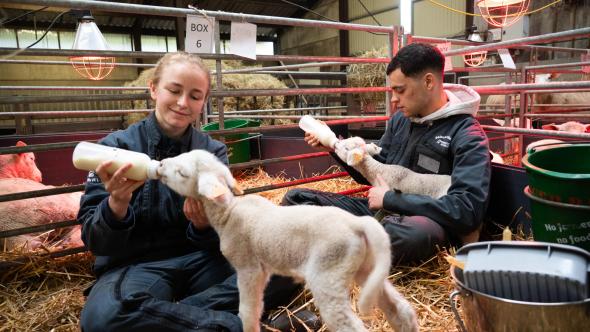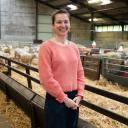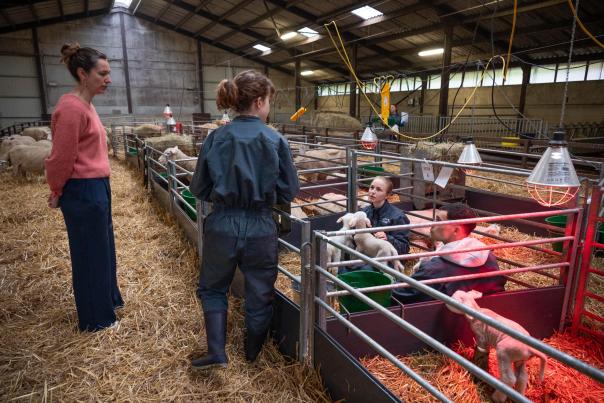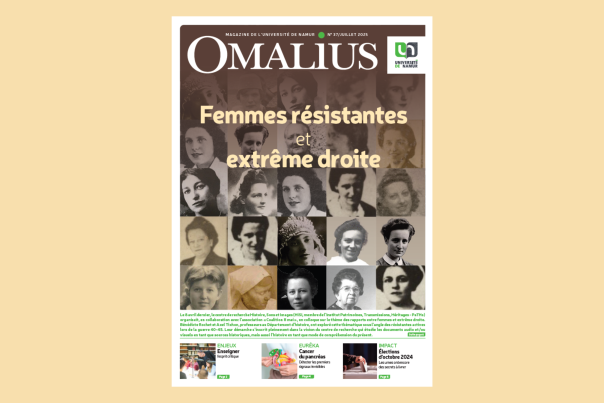Alongside the three-day internships, CRO also offers another, more advanced formula: lambing internships. This eight- to nine-day program allows students to live at the rhythm of the farm, coordinating trainees and supervising care outside staff hours. "This immersion offers students a unique opportunity to acquire in-depth knowledge and operational skills essential to the management of parturitions and the early stages of newborn life (neonatology)," explains Astrid Petit.
Before starting, interns receive theoretical training and clinical coaching. They learn how to spot certain pathologies (metritis, retentions, mastitis...), intervene in obstetrical complications, perform certain authorized medical procedures under supervision (taking blood, injections, placing a probe, neonatal resuscitation...) and ensure careful monitoring of ewes and lambs.
"What we miss during our studies is contact with animals, especially live animals. Being able to be out there and apply theoretical information we've received in class is really an incredible opportunity," testifies third-year student Chloé. "Here, we're also supervised by professionals from the University and by veterinarians. They are there to help us and give us additional information, while leaving us a great deal of autonomy. The fact that interns and trainees get together creates a real learning dynamic, with very rich exchanges," she concludes.



